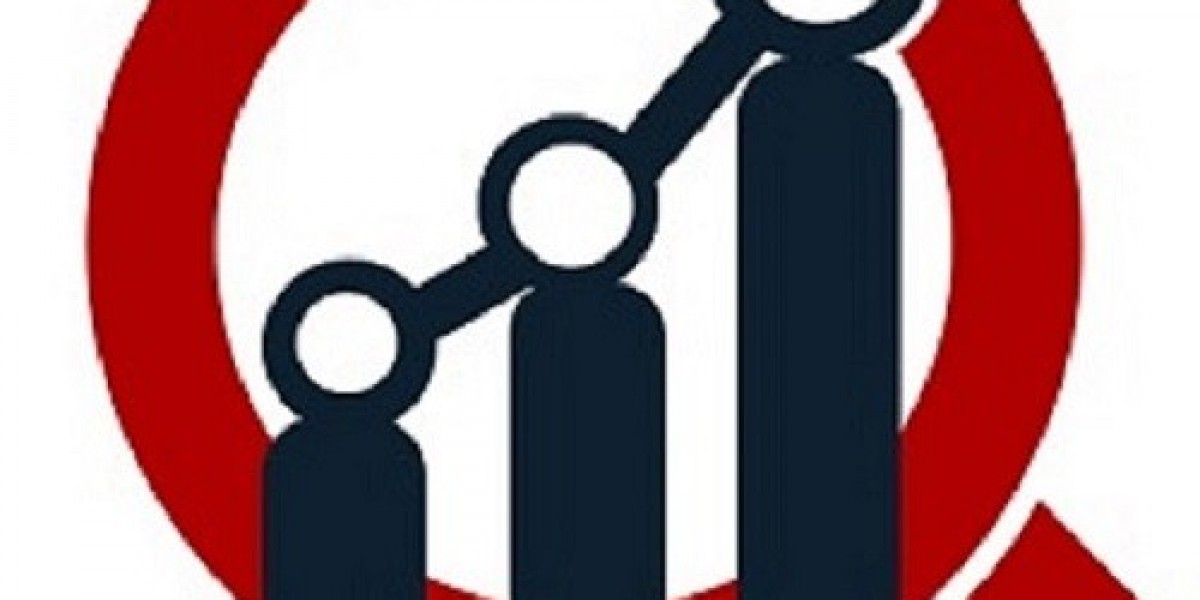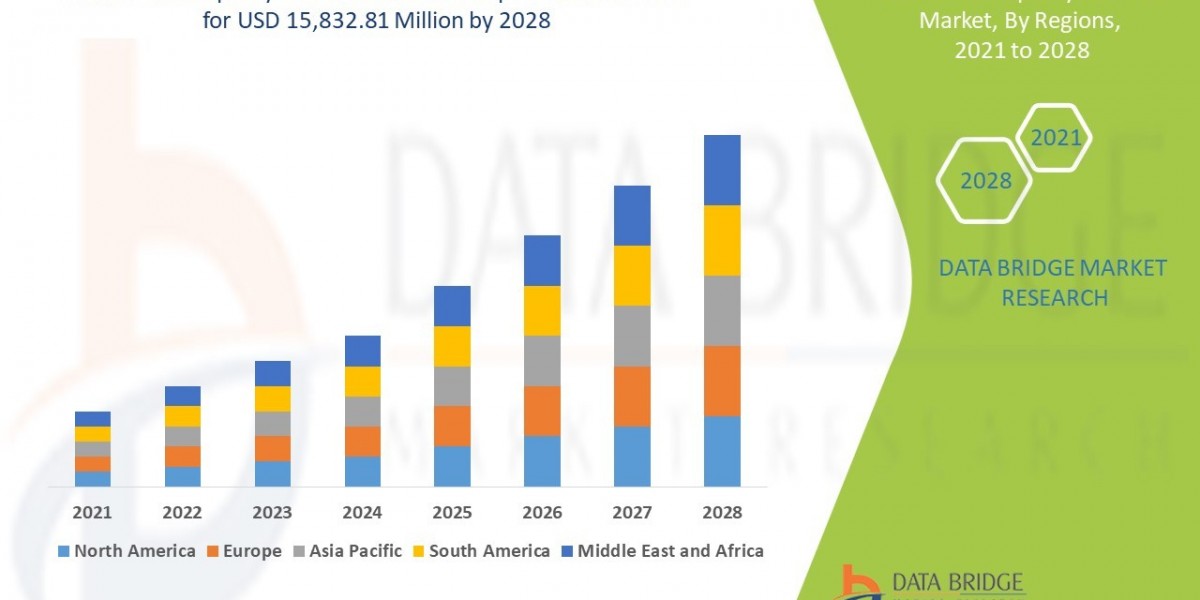Pharmaceutical Quality Control in the News
Here's a roundup of recent news and trends in pharmaceutical quality control:
Pharmaceutical Quality Control Market size was valued at USD 4.1 Billion in 2022. The Pharmaceutical Quality Control market industry is projected to grow from USD 4.6 Billion in 2023 to USD 11.5 Billion by 2032, exhibiting a compound annual growth rate (CAGR) of 12.10% during the forecast period (2024 - 2032).
Focus on Strengthening Quality Control Measures Globally:
- India Intensifies Pharmaceutical Quality Control: Amidst growing pharmaceutical exports, India is implementing stricter regulations and manufacturing standards. Key initiatives include risk-based inspections, revisions to Good Manufacturing Practices (GMP), and the mandatory use of barcodes/QR codes for drug authentication and API tracking. These measures aim to enhance the quality, safety, and efficacy of Indian medicines and align with global standards.
- FDA Extends Quality Management Maturity Program: The U.S. Food and Drug Administration (FDA) is extending its voluntary Quality Management Maturity (QMM) program. This initiative aims to advance an approach where quality is built into the manufacturing process rather than solely relying on end-product testing.
- WHO Updates Guidelines on Pharmaceutical Quality: The World Health Organization (WHO) recently published its Technical Report Series, which includes updated guidelines on controlling nitrosamine impurities, GMP for excipients, bioanalysis, and validation of bioanalytical methods.
Challenges and Solutions in Quality Control:
- Addressing Order Delays Blamed on QC: An analysis highlights how blaming Quality Control for order delays often overlooks underlying issues. Focusing solely on QC metrics like Turnaround Time (TAT) and efficiency can create a dilemma that ultimately undermines the system. Prioritizing large testing campaigns for efficiency can lead to delays when production plans fluctuate.
- Importance of Data Integrity in Pharmaceutical QA: Ensuring the accuracy, completeness, and security of data remains a significant challenge, especially with increasing digitalization. Gaps in employee training on data management can lead to non-compliance.
- Revamping Drug Quality Inspection Systems: The Indian Pharmaceutical Alliance (IPA) has called for reforms in the country's drug quality inspection system to meet global standards. Proposals include providing companies with adequate notice to respond to allegations and publishing drug alerts only after full investigation.
Technological Advancements in Quality Control:
- AI and Machine Learning Transforming QA/QC: Artificial Intelligence (AI) and Machine Learning (ML) are increasingly being adopted for predictive analysis, anomaly detection, process optimization, and real-time monitoring in pharmaceutical quality control. These technologies can enhance data analysis, enable adaptive quality assurance systems, and improve early warning systems for potential quality issues.
- Digital Transformation in Pharmaceutical QA: The shift from paper-based systems to electronic records and data management systems (e.g., eQMS, LIMS) is improving efficiency, accuracy, and compliance. Automation and the integration of the Internet of Things (IoT) for continuous monitoring are also gaining traction.
- Process Analytical Technology (PAT) for Real-Time Quality Monitoring: PAT tools, such as Raman and near-infrared (NIR) spectroscopy, are being utilized for the continuous assessment of data to ensure consistent product quality during manufacturing.
Regulatory Updates and Compliance:
- Stricter Penalties for Substandard Drugs in India: Amendments to the Drugs and Cosmetics Act in India introduce stricter penalties for manufacturing spurious and adulterated drugs, with certain offenses now cognizable and non-bailable.
- Focus on GMP Compliance: Regulatory bodies like the FDA and EMA continue to emphasize adherence to Good Manufacturing Practices (GMP) to ensure product quality and safety. Recent news includes warning letters issued to manufacturers for GMP violations related to cleaning procedures, data integrity, and quality control practices.
- EMA Consultation on Key Information Section in Package Leaflets: The European Medicines Agency (EMA) is seeking public consultation on a potential Key Information Section in the Package Leaflet of centrally authorized medicinal products, highlighting the importance of clear and accessible information for patients.
These news items underscore the dynamic nature of pharmaceutical quality control, with a constant drive towards enhanced regulatory oversight, adoption of advanced technologies, and proactive measures to ensure the safety and efficacy of medicines for patients worldwide.








